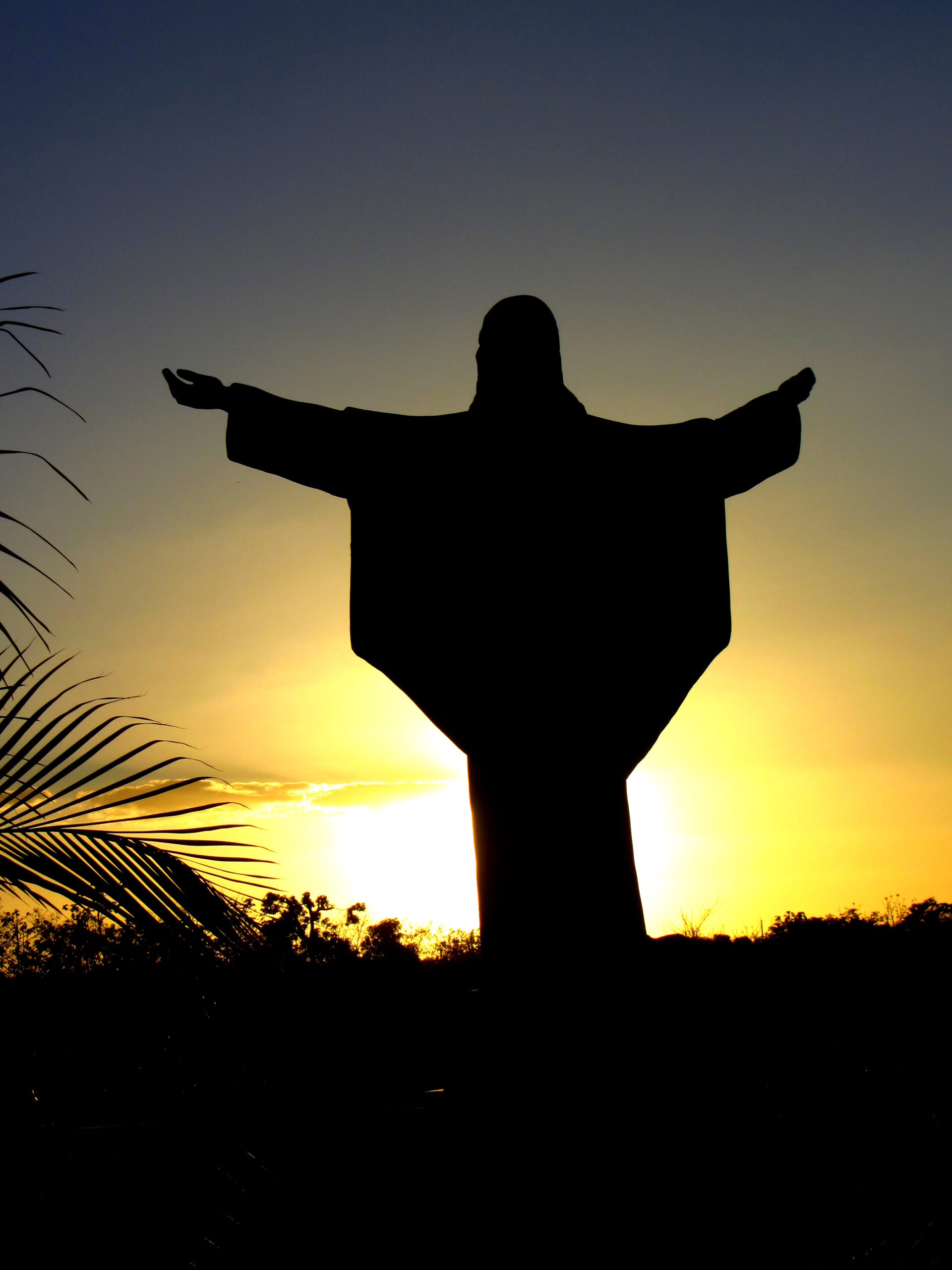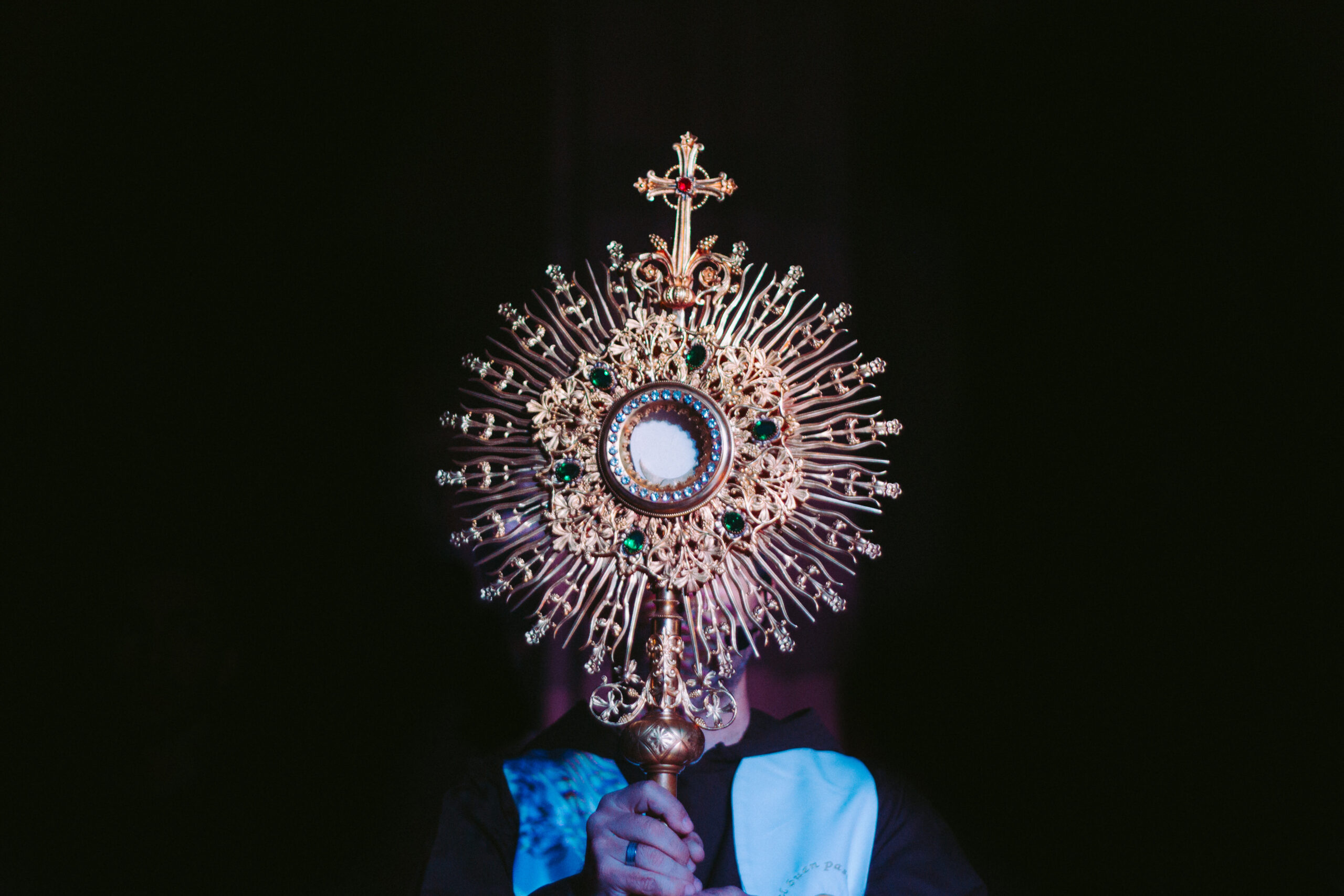There’s a moment that strikes at every parent’s heart: the moment where your kid does something wrong, thoughtless, selfish. We try and try and try to help our kids become caring, faithful, and positive human beings, and even so, at some point they’re inevitably going to decide to do something different. Turn away from what we’ve taught them. Sometimes they come back. Sometimes they don’t. But there’s always that lingering question in our minds—how could they have done that? Didn’t I give them everything? Didn’t I teach them better?
I don’t know about you, but that’s what I was thinking when I looked at today’s first reading: “When the Lord saw how great was man’s wickedness on earth (…) he regretted that he had made man on the earth, and his heart was grieved.”
Stop for a moment and re-read that. He regretted that he had made man on earth. Imagine being so hurt by your child’s actions that you regretted them being born! Even in this early stop on humanity’s journey with God, a journey that would reach its most revelatory and truest moment with the coming of Christ, God is first and foremost a father. He is looking at what his children are doing, and it is making him sad. How could they have done that? In commenting on this passage, Pope Francis said, “God the Father who loves us … is capable of getting angry.” However, “our God loves us with the heart; he does not love us with ideas.” Have you ever thought, Pope Francis asks us, that when “he disciplines us, like a good father, he disciplines us with his heart,” suffering from this more than we do? It’s really a special kind of intimacy, this relationship. But one with bitter consequences.
It seems to me that this story from Genesis is a cautionary tale.
One way or another, the past year has felt pretty disastrous. And it’s been my sense that humans haven’t done a whole lot to make things any better; an impartial alien might look at the planet and wonder what on earth—pun intended—we’re doing to ourselves. Violence has broken out all over the world, not just in isolated pockets here and there. Most countries haven’t exactly covered themselves in glory in dealing with a pandemic that continues to take thousands of lives every day. And despite Pope Francis’ exhortations, we don’t seem to be taking the Gospel very seriously when it comes to dealing with the poor and vulnerable around us. I’ll be honest: I’ve despaired of humanity on many occasions over the past few years.
Yet the essential message of this story is one of hope. Yes, it’s an inspired and powerful message about judgment and grace, about God’s hatred of sin and his love for his creation. But it also points in a primordial way to the New Testament and to the real Hope of the world. This story gives us a promise that would come to pass centuries later: God’s promise never to destroy the earth again is fully realized in the birth, death, and resurrection of Jesus Christ, where God takes the judgment for sin upon himself rather than humanity. Through the lens of Christ, the biblical flood story proclaims the marvelous news of God’s grace and love for his people.
And that’s what I’m hanging on to. God loves with his heart, as Pope Francis points out, not with ideas. When the ideas of humanity get to be too much to bear, there’s where I take comfort. In hope. In love. In God.
 Jeannette de Beauvoir is a writer and editor with the digital department of Pauline Books & Media, working on projects as disparate as newsletters, book clubs, ebooks, and retreats that support the apostolate of the Daughters of St. Paul at http://www.pauline.org.
Jeannette de Beauvoir is a writer and editor with the digital department of Pauline Books & Media, working on projects as disparate as newsletters, book clubs, ebooks, and retreats that support the apostolate of the Daughters of St. Paul at http://www.pauline.org.
Feature Image Credit: Giga Khurtsilava, https://unsplash.com/photos/5kwVYW8ZIHo

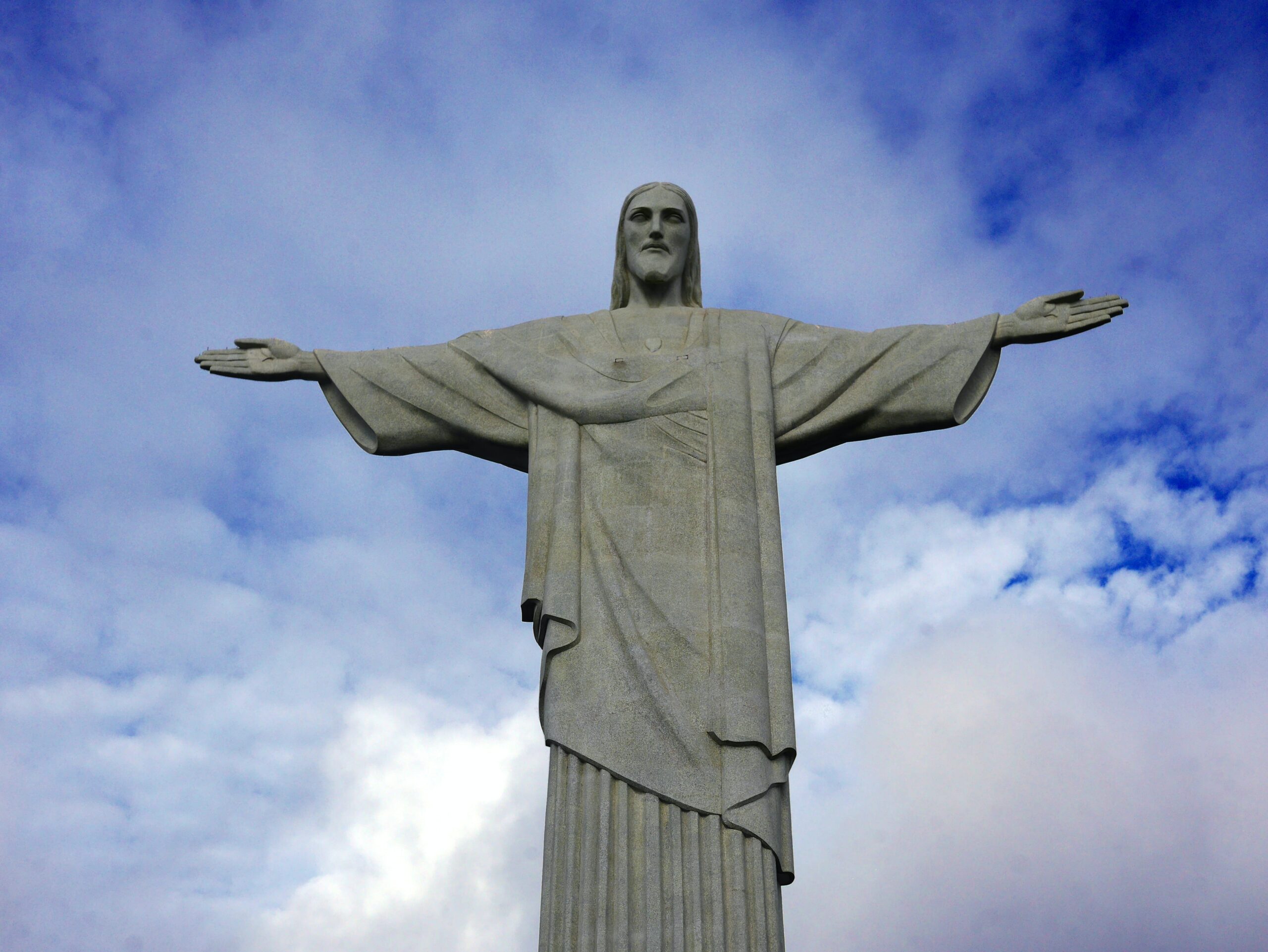
 Dakota currently lives in Denver, CO and teaches English Language Development and Spanish to high schoolers. She is married to the love of her life, Ralph. In her spare time, she reads, goes to breweries, and watches baseball. Dakota’s favorite saints are St. John Paul II (how could it not be?) and St. José Luis Sánchez del Río. She is passionate about her faith and considers herself blessed at any opportunity to share that faith with others. Check out more of her writing at
Dakota currently lives in Denver, CO and teaches English Language Development and Spanish to high schoolers. She is married to the love of her life, Ralph. In her spare time, she reads, goes to breweries, and watches baseball. Dakota’s favorite saints are St. John Paul II (how could it not be?) and St. José Luis Sánchez del Río. She is passionate about her faith and considers herself blessed at any opportunity to share that faith with others. Check out more of her writing at 
 Beth Price is part of the customer care team at Diocesan. She brings a unique depth of experience to the group due to her time spent in education, parish ministries, sales and the service industry over the last 25 yrs. She is a practicing spiritual director as well as a
Beth Price is part of the customer care team at Diocesan. She brings a unique depth of experience to the group due to her time spent in education, parish ministries, sales and the service industry over the last 25 yrs. She is a practicing spiritual director as well as a 
 Veronica Alvarado is a born and raised Texan currently living in Michigan. Since graduating from Texas A&M University, Veronica has published various articles in the Catholic Diocese of Austin’s official newspaper, the Catholic Spirit, and other local publications. She now works as the Content Specialist in Diocesan’s Web Department.
Veronica Alvarado is a born and raised Texan currently living in Michigan. Since graduating from Texas A&M University, Veronica has published various articles in the Catholic Diocese of Austin’s official newspaper, the Catholic Spirit, and other local publications. She now works as the Content Specialist in Diocesan’s Web Department.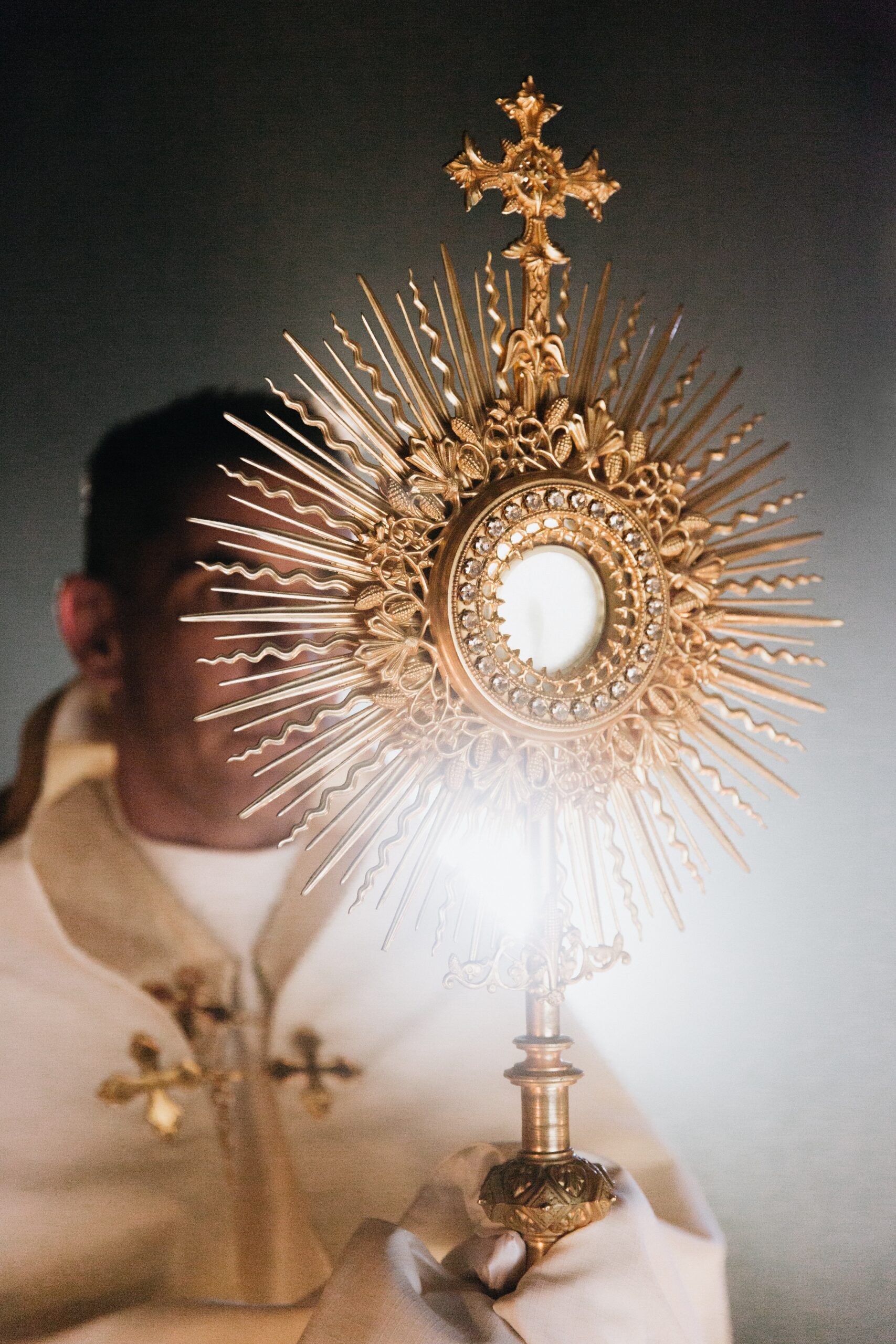

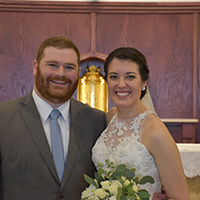 Nathalie Shultz is a joyful convert to the Catholic faith with Obsessive Compulsive Disorder (OCD). She loves to share her passion for Catholicism with others, including her conversion story and how God continues to work miracles in her life through her OCD. She is a high school special education teacher, and she is married to her best friend, Tommy Shultz. Her favorite saints include St. Peter the Apostle, St. Teresa of Calcutta, St. Maximilian Kolbe, and St. John Paul II. She is also a huge fan of C.S. Lewis. If you have any questions for Nathalie, or just want her to pray for you, you can email her at
Nathalie Shultz is a joyful convert to the Catholic faith with Obsessive Compulsive Disorder (OCD). She loves to share her passion for Catholicism with others, including her conversion story and how God continues to work miracles in her life through her OCD. She is a high school special education teacher, and she is married to her best friend, Tommy Shultz. Her favorite saints include St. Peter the Apostle, St. Teresa of Calcutta, St. Maximilian Kolbe, and St. John Paul II. She is also a huge fan of C.S. Lewis. If you have any questions for Nathalie, or just want her to pray for you, you can email her at 
 Tami Urcia grew up in Western Michigan, a middle child in a large Catholic family. She spent early young adulthood as a missionary in Mexico, studying theology and philosophy, then worked and traveled extensively before finishing her Bachelor’s Degree in Western Kentucky. She loves tackling home improvement projects, finding fun ways to keep her four boys occupied, quiet conversation with the hubby and finding unique ways to love. She works at her parish, is a guest blogger on
Tami Urcia grew up in Western Michigan, a middle child in a large Catholic family. She spent early young adulthood as a missionary in Mexico, studying theology and philosophy, then worked and traveled extensively before finishing her Bachelor’s Degree in Western Kentucky. She loves tackling home improvement projects, finding fun ways to keep her four boys occupied, quiet conversation with the hubby and finding unique ways to love. She works at her parish, is a guest blogger on 
